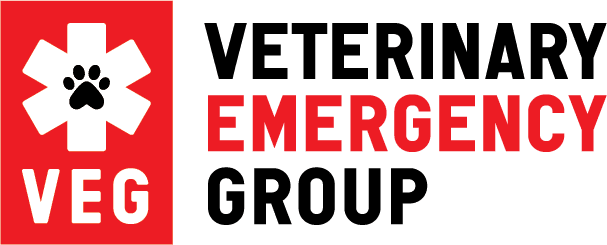
My Bird Isn’t Breathing Right
Dr. Robyn Hahn
Call & Speak with a doctor Open 24/7, Even Holidays!
Walk in today for:
Emergencies
Point-of-Care Ultrasound
Urgent Care
X-Rays
Diagnostics + Testing
End-of-Life Care
Surgery
Treatment + Hospitalization
Birds are amazing companion pets—they’re smart, funny, interactive, and relatively low maintenance. So when your feathered friend seems to be breathing hard or just differently, worried thoughts start to fly.
Watch Your Bird Like a Hawk
Keep a close eye on your bird’s behavior, as often they will show general symptoms of illness prior to, or concurrent with, breathing hard. Watch for:
- Reduced activity
- Squinting or closing eyes
- Puffed feathers
- Changes in droppings
Birds in respiratory distress will show specific symptoms, like:
- Tail “bobbing” up and down with breaths
- Opening beak to breathe and/or extending the neck
- Wheezing, gasping, coughing, or voice changes
- Nasal discharge
All of these symptoms are serious and potentially life threatening. Seek emergency help from VEG or your nearest emergency veterinarian immediately.
When Survival Instincts Kick In
You’ve heard of “birds of prey” but did you know that birds have a protective mechanism to stay safe from predators by hiding their illness? By not showing signs of sickness, they can stay safe as long as possible. By the time they are outwardly showing symptoms, they are often critically ill. This is why you need to take your pet to an emergency veterinarian when symptoms begin to show.
Avian Respiratory Disorders
If your bird has labored breathing or is breathing oddly, you want to know why. So, let’s talk about, um, the wind beneath their wings… Instead of air being pulled and pushed in and out of the lungs like humans, bird breathing is a steady, unidirectional flow of air. But sadly, there are some serious diseases that can stand in the way of their very efficient breathing anatomy.
Upper Airway Disease
Possible causes:
- Inhalation of a foreign object (seed, food, etc.)
- Nutritional deficiencies
- Bacterial infections or fungal infections
Clinical signs to look for:
- Discharge from the eyes and/or nose
- Swelling around the eyes or nose
- Change in the sounds of the breathing (clicking/wheezing)
- Sneezing and breathing with the mouth open
They also may be noted to rub their beak, shake their head, and yawn more than normal.
Lower Airway Disease
Possible causes:
- Toxin inhalation
- Infection
- Fluid in the body cavity
- Reproductive issues
- Malnutrition
- Metabolic disease (heart failure, kidney/liver disease)
Clinical signs to look for:
- Tail bob movement while breathing
- Coughing/breathing with the mouth open
- Fatiguing easily, being lethargic and fluffed up
- Breathing very quickly
- Voice changes
Birds with lower airway symptoms are often critical, and should be seen by an exotic or emergency vet immediately.
Prep Your Bird for the Vet Visit
First, place your bird in a travel cage; a small dog or cat carrier works too. Cover it with a breathable cloth to reduce stimulation. Keep the bird warm in the car with the heat on or place a hot water bottle next to the cage or carrier.
Videos of your bird at home can be helpful. Also, bring a sample of recent droppings if they are available.
Let your medical team know that your bird is having trouble breathing so they can immediately provide oxygen. This is supportive care to stabilize your pet while discussing next steps. The vet may recommend sedation to reduce anxiety (for your bird, not you).
Vital information about your bird, like environment, diet, age, breeding history, etc., along with supportive care and diagnostic testing (blood work, x-rays, ultrasound, etc.) will help the medical team best identify the cause of the respiratory issue. Extreme care must be taken to not add even more stress, which can lead to death. In some cases, we may initiate treatments and/or hospitalization for stabilization prior to transfer to an avian specialist for further care.
VEG is Here 24/7 for Bird Emergencies
Contact VEG if your bird needs emergency or urgent care. We have locations all over the country with emergency vets to help you and your avian pet. If your bird appears sick when your primary veterinarian is off-hours or if your bird needs more help than your regular vet can give, the doctors at VEG are available 24/7 to come to the rescue.

